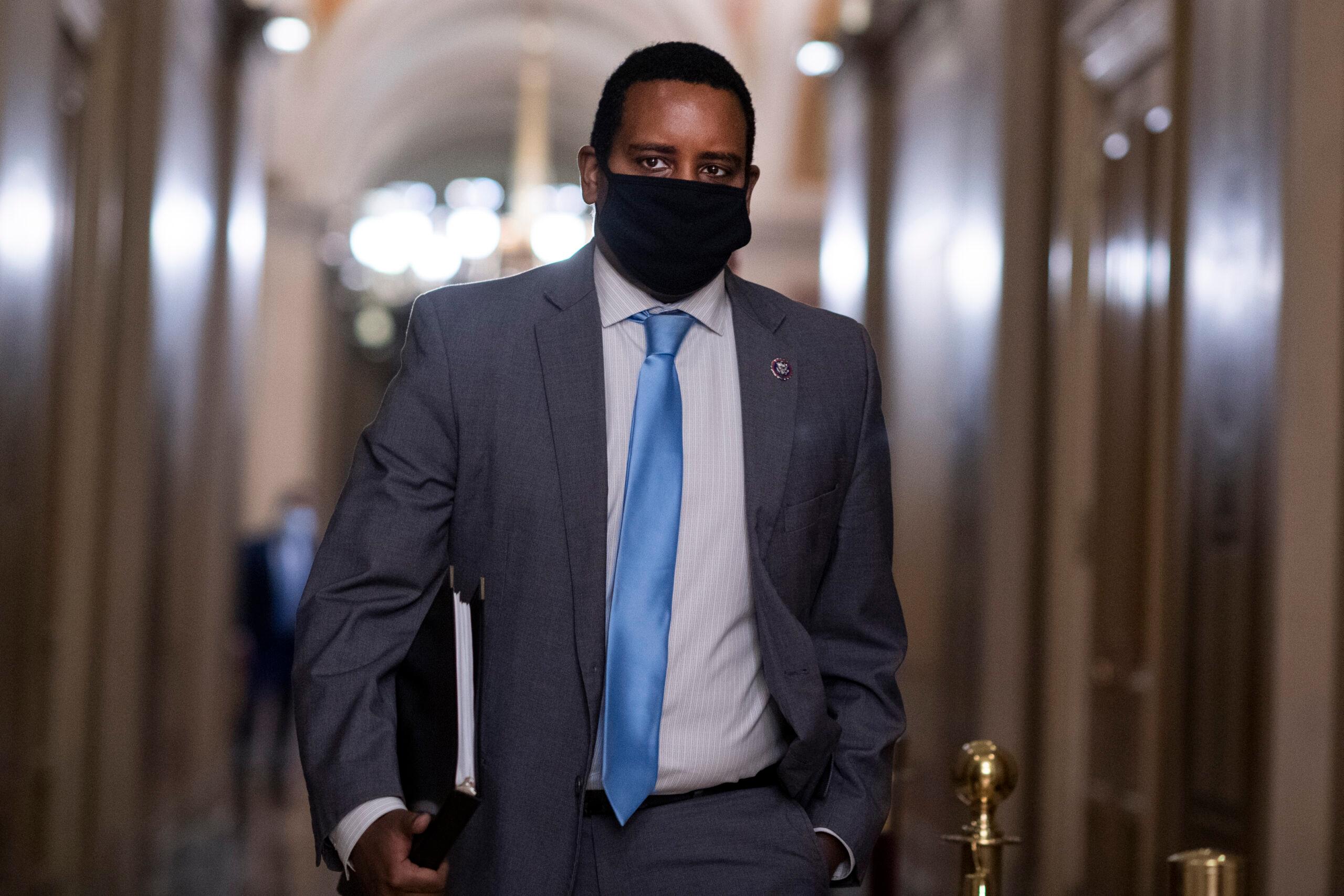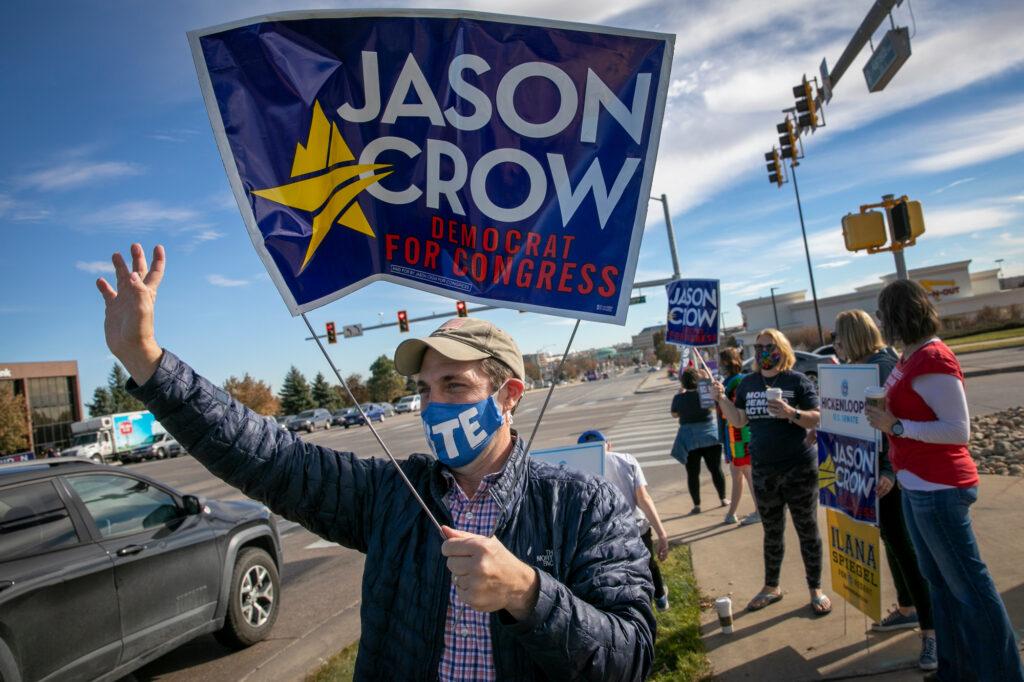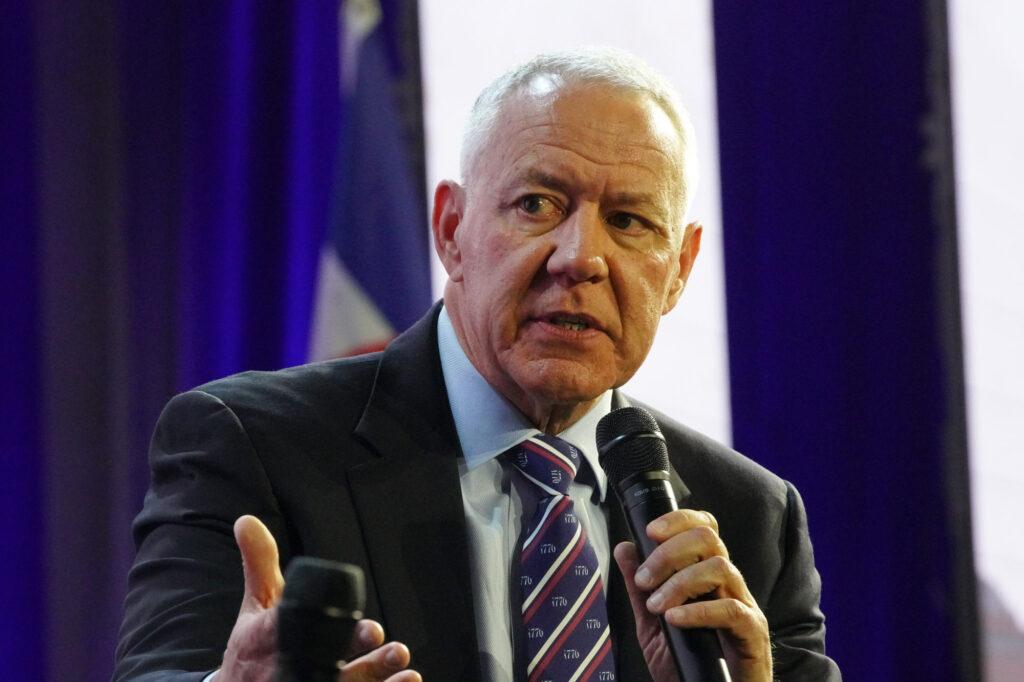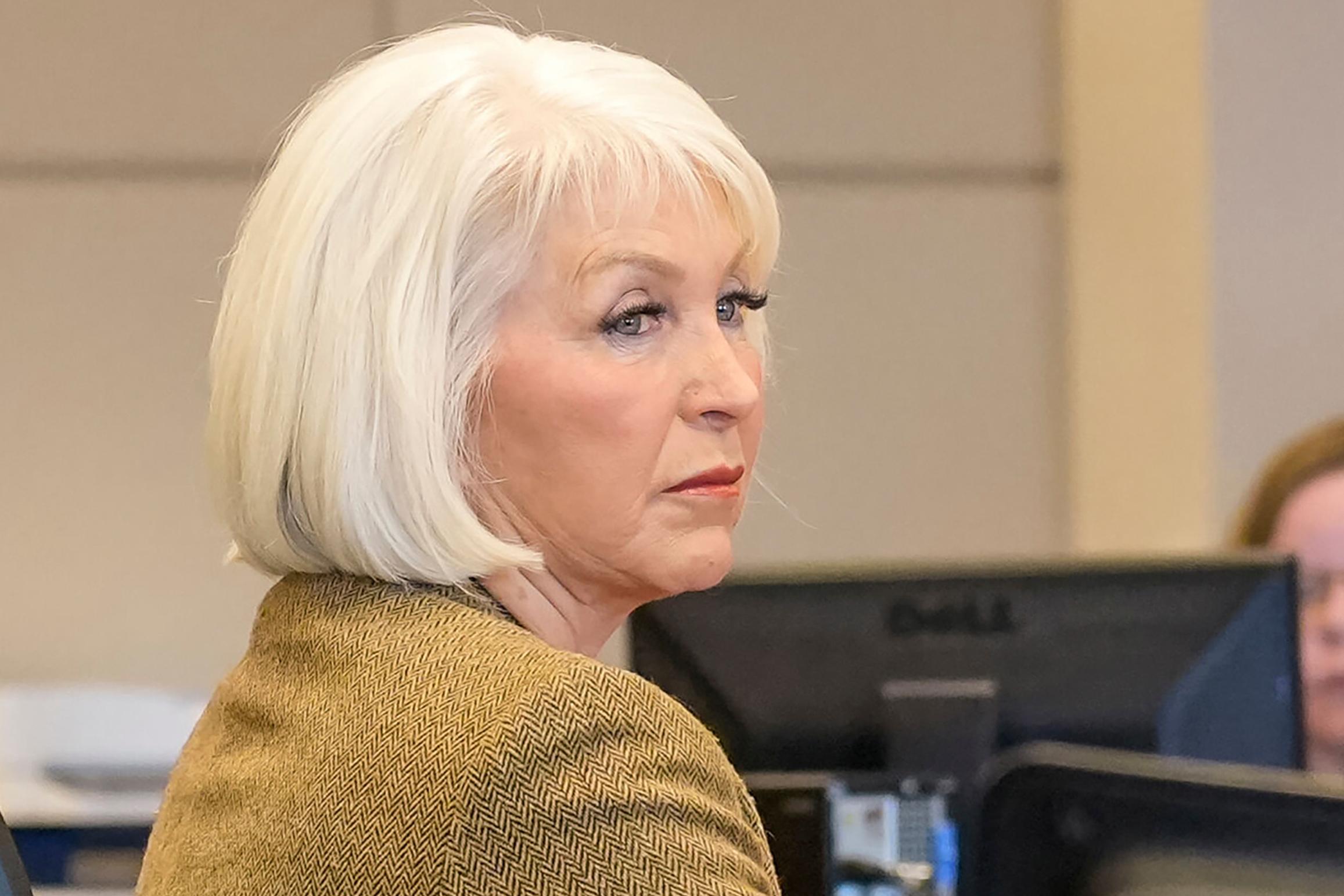
Bourbon? Missile Defense? Chicken? Textiles? Got something you care about, the odds are pretty good Congress has a caucus for that.
Sure, the term “caucus” is most often associated with the Democratic and Republican members in the Senate and the House, but there are hundreds of other groups — some big, some small, some ideological, some not — that bring lawmakers together to work on issues important to them.
For Colorado’s members of Congress, these groups are avenues they can use to push legislation and highlight issues important to them and their constituents.
After devastating wildfires in his district, Rep. Joe Neguse created a bipartisan caucus to tackle recovery and prevention.
In 2020, two of Colorado's largest wildfires raged in Democratic Rep. Joe Neguse’s district. As he worked to help his constituents recover, Neguse noticed something.
“There really wasn't a place in Congress — an organizing principle, a place where folks could come together — to work on these challenges,” he recalled.
A lightbulb went off. Neguse approached Rep. John Curtis, a Republican from Utah whose district also suffered from wildfires, and the Bipartisan Wildfire Caucus was born. For him, its biggest achievement so far has been to get money appropriated “for increased investment in wildfire mitigation and resiliency.”
He’s now trying to build on that success, by continuing the wildfire prevention group, as well as launching other caucuses for things his district cares about, “which means following the guidance, the insights of our constituency back home in Colorado.”
One of those new groups focuses on the Colorado River. It’s similar to a group that Democratic Sen. John Hickenlooper started in the Senate. Another focuses on combating fentanyl-related deaths.
“So getting a better sense of … the pulse of the community, what issues matter to them. And then really leveraging our office as a vehicle to be able to achieve legislative change here in Washington,” he explained.

Rep. Jason Crow is the co-chair of a bipartisan caucus of veterans that 'punch way above our weight.'
Democratic Rep. Jason Crow said when he first joined Congress pack in 2019, he was given a packet 30 pages thick of caucuses. These days that list is close to 50 pages.
For his part, he’s helped launch the Space Force Caucus with Republican Rep. Doug Lamborn. He's also currently the co-chair of the For Country Caucus, a bipartisan group made up of veterans.
Crow said that group does a lot of good work because of its politically balanced makeup. Like the Wildfire caucus, the For Country Caucus is jokingly described as a Noah's Ark sort of group, “because you have to go hand in hand into the caucus with a member from the other side of the aisle.”
While it’s a small caucus, relatively speaking, Crow said, “We punch way above our weight because we're balanced. We're Republicans and Democrats, and we're not an ideological caucus. So there's people on the far right, people on the far left and everyone in between.”
Crow reckons the caucus has helped pass over 70 pieces of legislation since it’s founding in early 2019, “because of the commitment that people make to actually carry each other's bills and engage in the business of the caucus.”
Hickenlooper said he was surprised by the lack of bipartisanship he saw when he first entered the Senate. But, “after that first year I was here, it was like a muscle that hadn’t been used in awhile. And a lot of people felt, ‘This is good. This works.’”
Caucuses were a big part of helping change his perspective.
“A caucus allows me to meet with a group of senators without having to work my way through talking to everybody. A group of senators that are already working on something I really care about. It kind of allows me to go from zero to 60 a lot faster. I can be useful,” Hickenlooper said.
Caucuses help congress members meet new people and find leadership opportunities, too.
In the House, with 435 members, a caucus gives a member, especially a new one, the ability to get to know people when they sit on the other side of the aisle or with people they don’t work with on committee.
It’s one of the reasons freshman Rep. Brittany Pettersen was pleased to be asked to join the bipartisan Problem Solvers Caucus. She said the caucus is set up so they get to know one another and to roll up their sleeves and get to work.
“Like so many Americans, I'm sick of watching people in Congress not work together to solve problems,” she said. “Especially here, with people who are much more interested in headlines than doing the real work. Although there's a lot more people that are doing the work than the small percentage of people that do crazy things that are covered.”
Caucuses also give lawmakers leadership opportunities that aren’t always available within their party or committees.
Republican Rep. Ken Buck recently formed an Antitrust Caucus with Democratic Rep. David Cicilline. The two led an antitrust subcommittee in the last Congress, but Buck did not get the subcommittee chair this Congress. So instead, they formed a caucus.
“Since I didn't get the committee and didn't have the ability to hold hearings, it would be an opportunity to highlight Big Tech,” he said, pointing out that the Senate and the courts will be weighing in on these issues. “It’s really important that … we have some voice in the House to stay relevant and current on a lot of the issues that are being addressed by others.

Caucuses with a more partisan mission play a big role in shaping a party's agenda.
Buck, like many other members of the Colorado delegation, also belongs to purely partisan or ideological caucuses, which help shape the agenda within the parties.
He’s a member of the Republican Study Committee and the House Freedom Caucus, a group of the most conservative members of the House GOP, which meets once a week to talk about specific bills and develop positions on larger issues like the debt ceiling.
“Those caucuses are informative. They're helpful for me to look at issues from different perspectives,” he said.
GOP Rep. Lauren Boebert is also part of the Freedom Caucus and currently serves as its communications chair.
Neguse and Rep. Diana DeGette are members of the House Progressive Caucus, while Crow, Pettersen and freshman Rep. Yadira Caraveo are part of the New Democrats Coalition, a group of more centrist and business-focused Democrats.
For Molly Reynolds, who studies Governance for the non-partisan Brookings Institution, the most important thing is not the number of caucuses a member joins, but the types.
“If you had a member who was really only joining partisan caucuses, that would certainly tell you that that person is choosing to invest more of his or her time in kind of partisan activities than in building bipartisan relationships,” she explained.
She added that, while the ideological caucuses within each party might have more sway, when the majorities in the chambers are slim, having bipartisan friends can pay long-term legislative dividends, even on bills that have nothing to do with the caucus where the friendship began.









